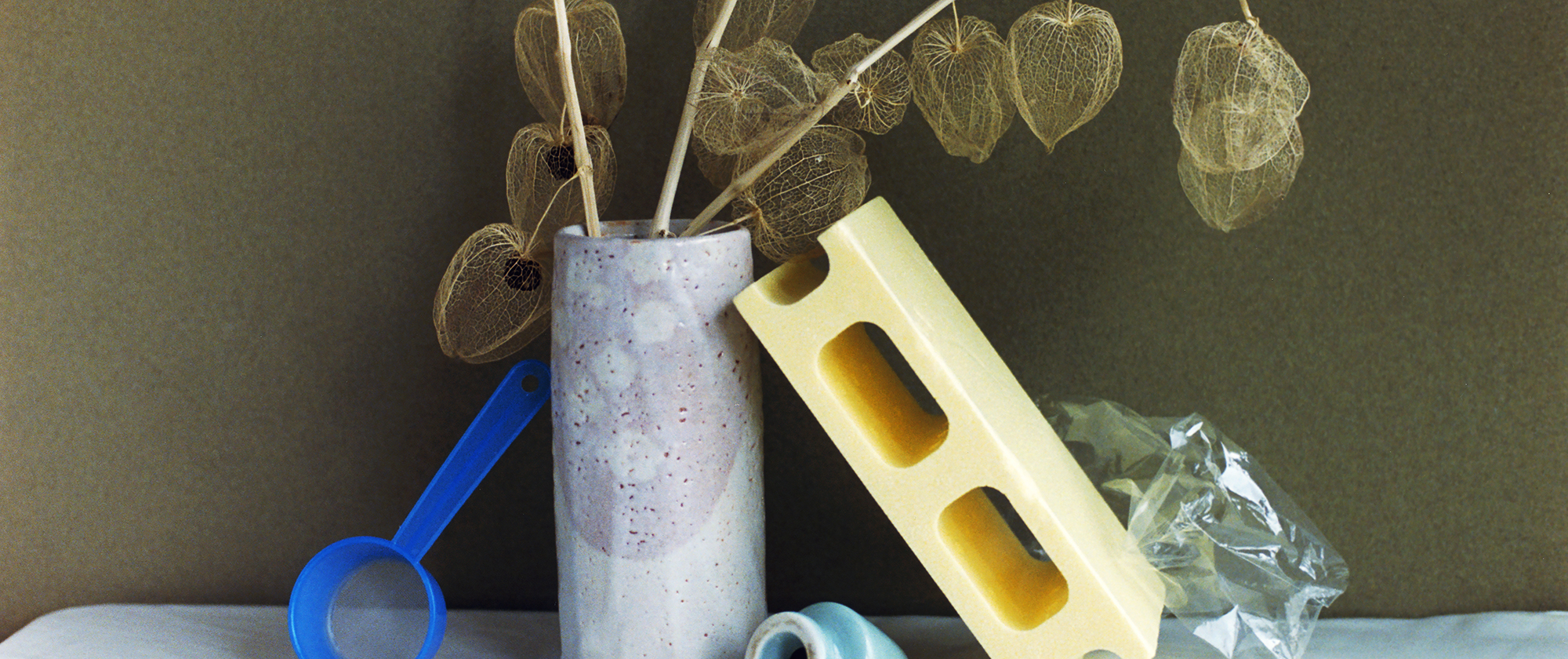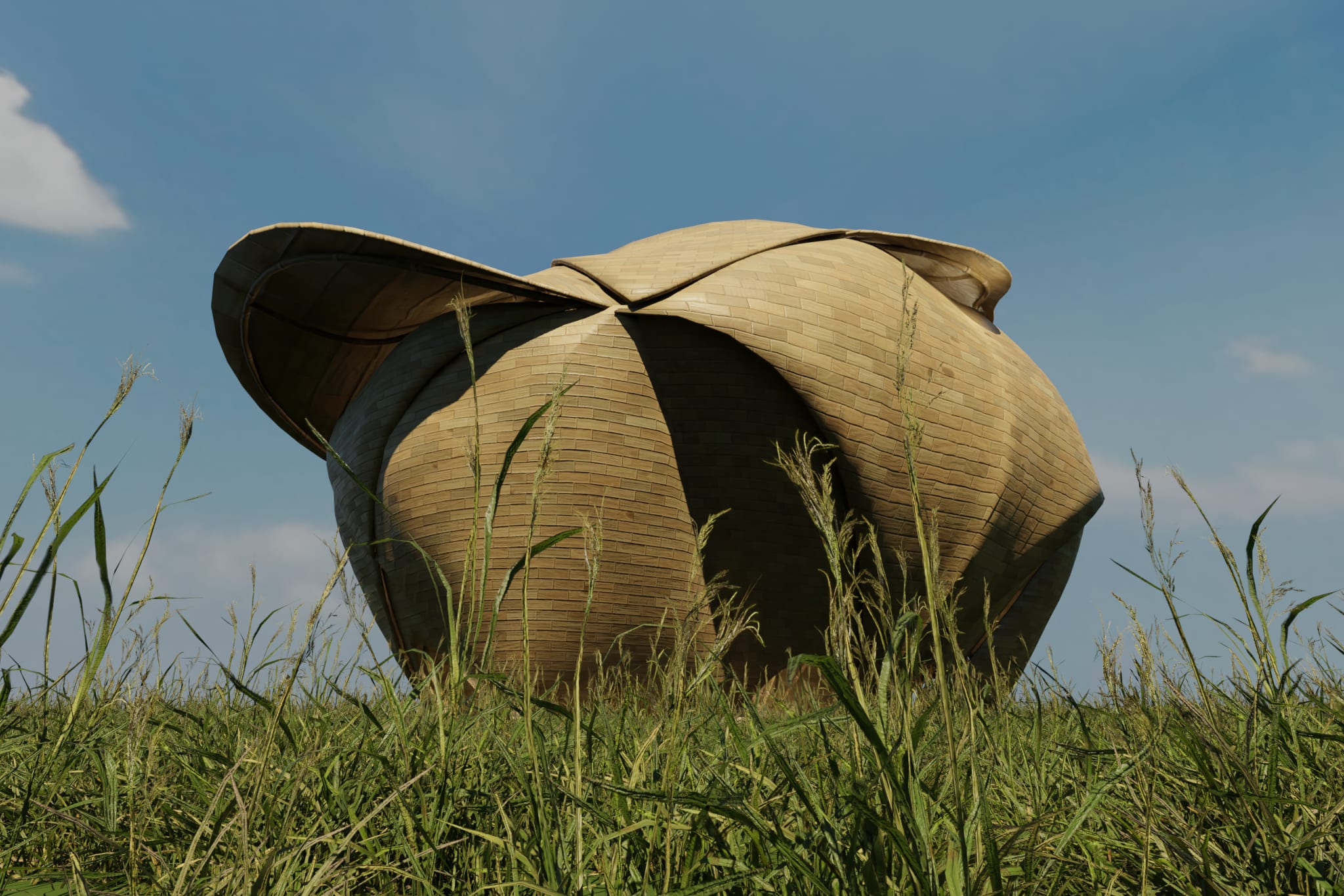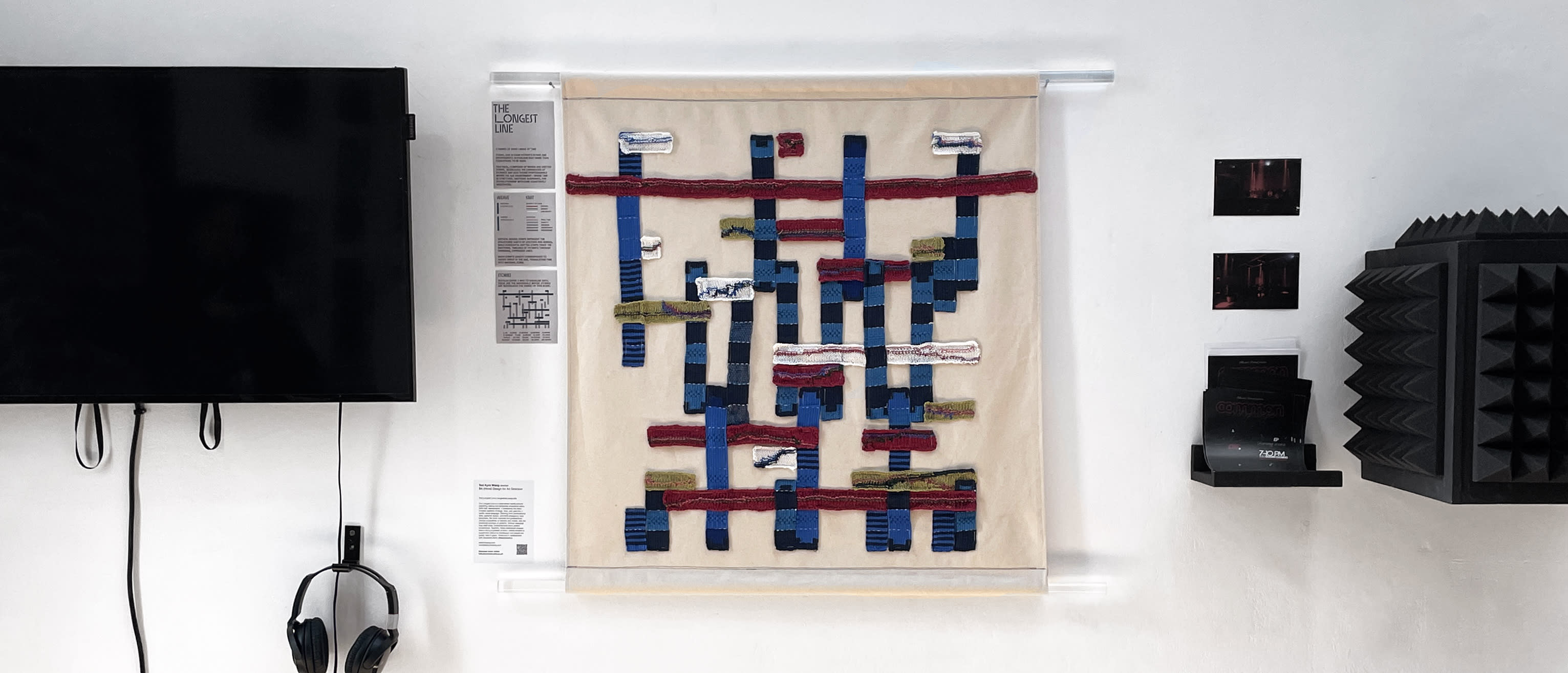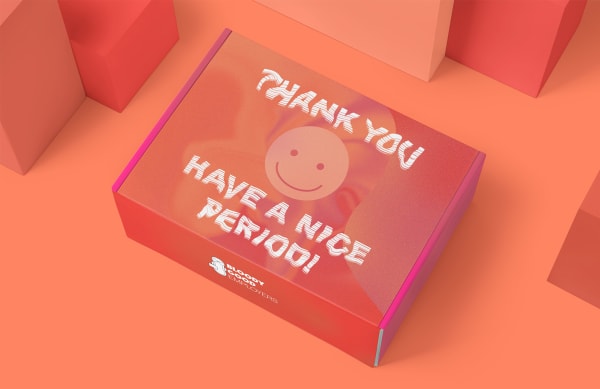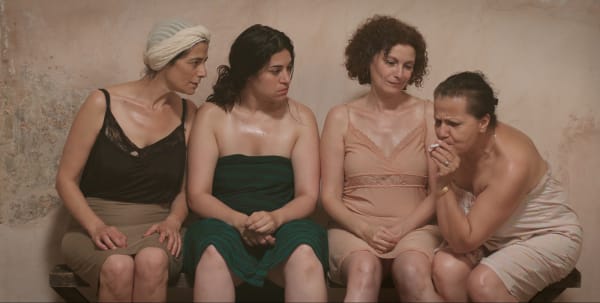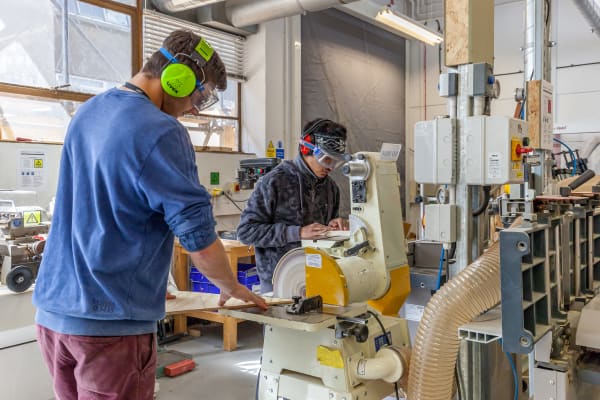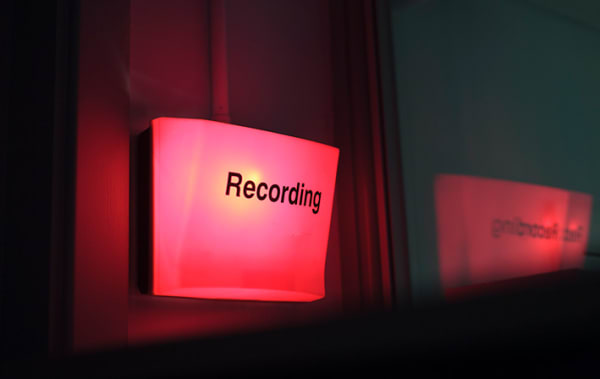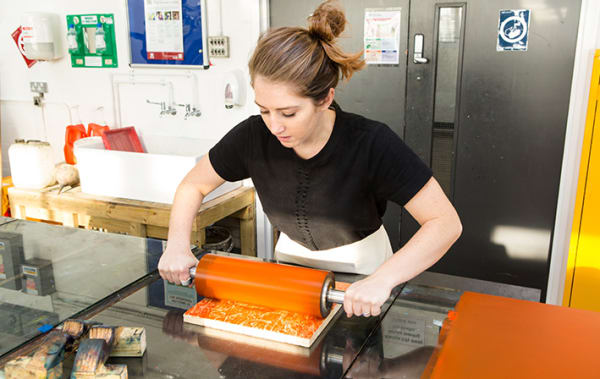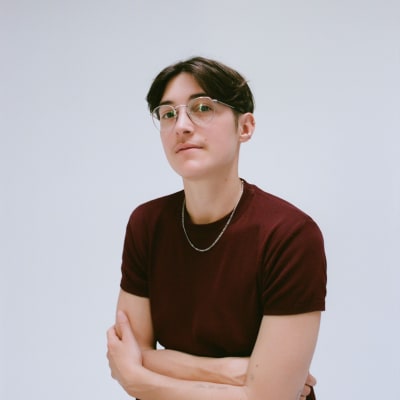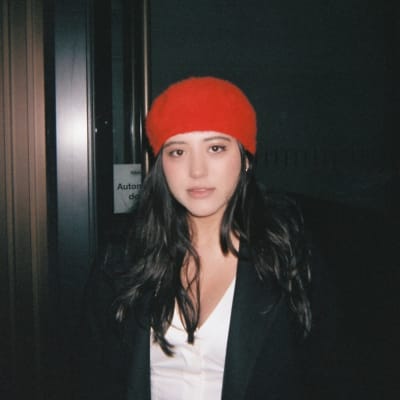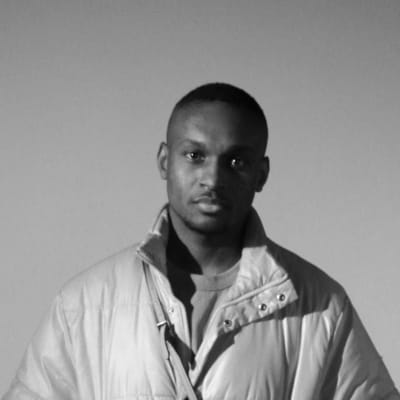Course units
We are committed to ensuring that our mutual development is set within a framework that enables us to question and examine the norms, practices and biases in societies, cultures and industry sectors. The course aims to set up relational spaces, where students and staff are working together to gain new insights in the pursuit of increasing mutuality and understanding, supporting personal and professional growth, and realising change.
Course units prioritise different aspects of developing your emerging art direction practice, in creative, playful and critical ways. Each unit asks you to reflect on your needs and interests throughout your learning journey, to be able to map your personal development and growth.
UAL’s Principles for Social, Racial and Climate Justice Principles are embedded into the curriculum. As part of this initiative, we’ve shaped our course around social and environmental sustainability principles that ensure learning outcomes reflect the urgent need to equip you with the understanding, skills, and values to foster a more inclusive, compassionate and just society. We aim to empower you to work towards regenerative and reparative futures.
In common with all courses at the University of the Arts London, this course is credit-rated. Years 1 and 2 must be passed to enter into Year 3. Your degree is attained through full completion of the third year.
Year 1
Introduction to Design for Art direction (20 credits)
We'll focus on the relationship between theory and practice, developing research activities, and the context of peer learning. By introducing some of the traditional research methods and processes involved in studying in higher education, we can open up our critical enquiry to areas of innovation and increased inclusivity.
Design Languages (40 credits)
We'll explore visual communication techniques, reading, and writing in creative short forms, through design discourses that centre diverse perspectives and the political and contextual dimensions of design. Working with images, text, and print, projects will enhance your understanding of art direction as a space of and for agency and academic enquiry, whilst developing your design portfolio.
Image Practices (40 credits)
We'll explore visual research methodologies, theories of representation, and ethics of image usage, in the formulation of critical writing, art direction formats, and the production of short-form moving image work. We'll engage with decolonising theories and practice for critical approaches to image search, retrieval and distribution activities.
Responsible Design (20 credits)
This unit introduces the core principles in responsible designing where we will explore the role of environmental and social responsibility across multiple design subject specialisms to inform and further develop your own creative practice.
Year 2
Storytelling and Narrative Forms (40 credits)
We'll explore co-creation methodologies to generate narrative forms that encourage mutuality, empathy, and shared knowledge as inclusive and decolonising practices. You'll situate your creative practice in a broader cultural and socio-political context, playing a role in communicating and addressing societal concerns and shifts.
Professional Practice (20 credits)
This unit seeks to extend your knowledge of the creative, cultural and design industries, providing you with opportunities to collaborate with design students from other courses on live projects as you continue to develop your design practice in mixed-discipline teams.
Publics, Participants and Audiences (40 credits)
We'll consider how we can engage audiences through a range of participatory activities, distribution circuits and creative formats. We'll explore curatorial gestures, and the generative potential of inclusive and accessible design and programming, considering the potential of physical and virtual environments.
Design Cultures (20 credits) CTS
Explore a thematic area of your choice within Design Cultures, questioning established narratives and developing your critical voice. You'll explore knowledge at the boundary of your design discipline, evaluating diverse ideas and practices in relation to your chosen thematic area.
Year 3 Fields of Practice (20 credits)
By researching the sectors, practices and needs of a range of working contexts, the unit aims to support you to further contextualise your practice, preparing you for work after graduation. The unit will help you to position and experiment with communicating your needs, interests and experience to possible collaborators, employers, and clients.
Self-Initiated Research Project (40 credits)
This unit gives you an opportunity to engage with an in-depth research project on a topic of your choice. You will bring together the skills, knowledge and experience you have developed during your study to carry out an ethical approach to an in-depth research project that connects theory and practice.
Project Realisation (60 credits)
This a substantial self-directed project where you have the freedom to write and respond to your own creative brief, in dialogue with tutors and peers. Through strategic thinking, excellent research skills, and deep exploration of media and materials, you can expand your creative practice to position it beyond graduation.
Optional Diploma between Years 2 and 3
Between Years 2 and 3 of your course, you’ll also have the opportunity to undertake one of the following qualifications:
Diploma in Professional Studies (DPS) (Optional)
This optional diploma can be taken between years’ 2 and 3. With support from your tutors, you’ll undertake an industry placement for a minimum of 100 days/20 weeks. As well as developing industry skills, you’ll gain an additional qualification upon successful completion.
Diploma in Creative Computing (Optional)
Between years’ 2 and 3, you can undertake the year-long Diploma in Creative Computing. This will develop your skills in creative computing alongside your degree. After successfully completing the diploma and your undergraduate course, you’ll graduate with an enhanced degree: BA (Hons) Design for Art Direction (with Creative Computing).
